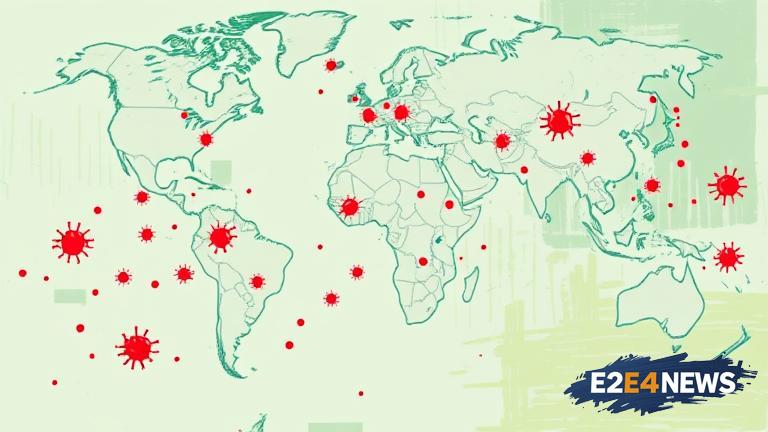The recent surge in infections across the globe has been linked to aid budget cuts, which have severely impacted the ability of health organizations to respond effectively to outbreaks. According to reports, millions of people have been affected by the lack of funding, resulting in a significant increase in mortality rates. The situation has been exacerbated by the fact that many countries have reduced their aid budgets, leaving a significant gap in funding for global health initiatives. This has led to a shortage of essential medical supplies, including vaccines, antibiotics, and other critical medications. As a result, many people are being left without access to proper medical care, leading to the spread of infectious diseases. The World Health Organization (WHO) has warned that the situation is critical and requires immediate attention from governments and international organizations. The WHO has also emphasized the need for increased funding to support global health initiatives, particularly in low-income countries where the need is greatest. Despite the warnings, many countries continue to cut their aid budgets, citing economic constraints and other priorities. However, experts argue that the long-term consequences of these cuts will far outweigh any short-term savings. The impact of aid budget cuts is being felt across the globe, with many countries experiencing significant increases in infections. In some cases, the lack of funding has led to the collapse of entire health systems, leaving people without access to even basic medical care. The situation is particularly dire in conflict zones, where the lack of funding has exacerbated the humanitarian crisis. The international community has been criticized for its response to the crisis, with many arguing that more needs to be done to address the root causes of the problem. The WHO has called for a coordinated response to the crisis, including increased funding, improved access to medical supplies, and enhanced support for health workers. In addition, there is a need for greater investment in global health infrastructure, including the development of new vaccines and treatments. The situation highlights the need for a more sustainable and equitable approach to global health funding, one that prioritizes the needs of the most vulnerable populations. Ultimately, the global health crisis sparked by aid budget cuts requires a concerted effort from governments, international organizations, and civil society to address the root causes of the problem and ensure that everyone has access to quality medical care.
